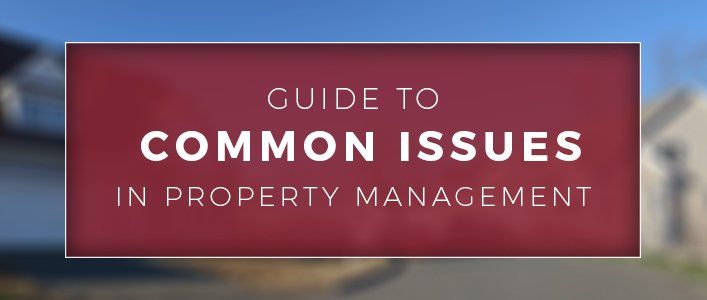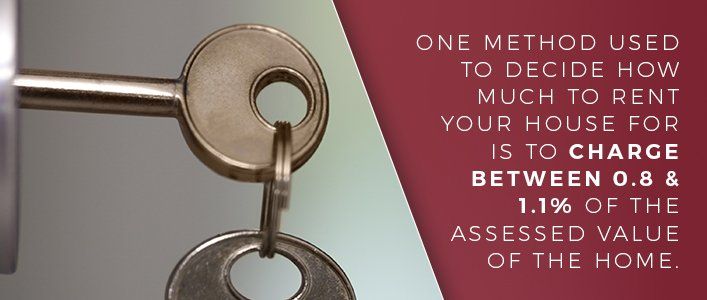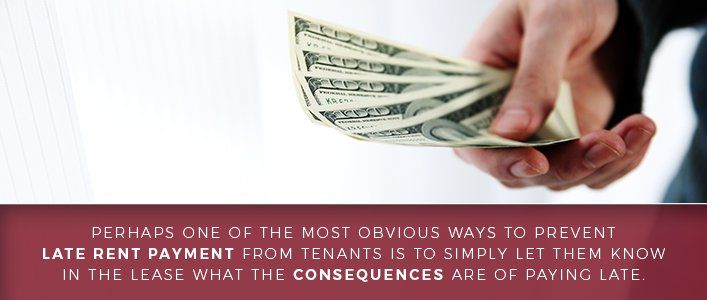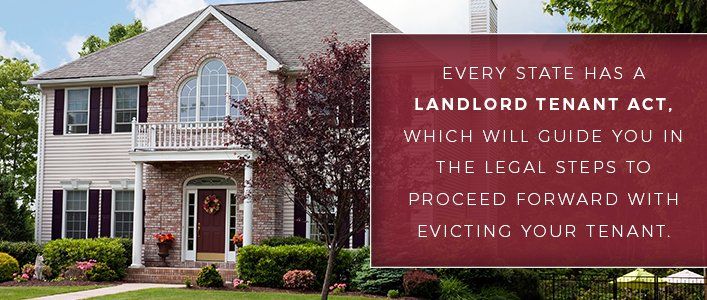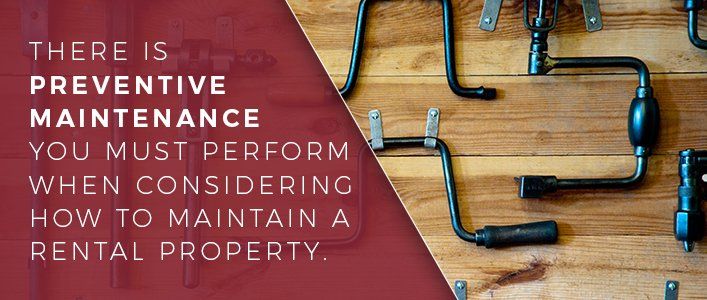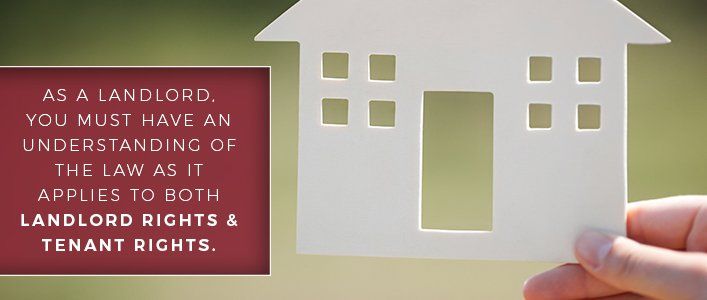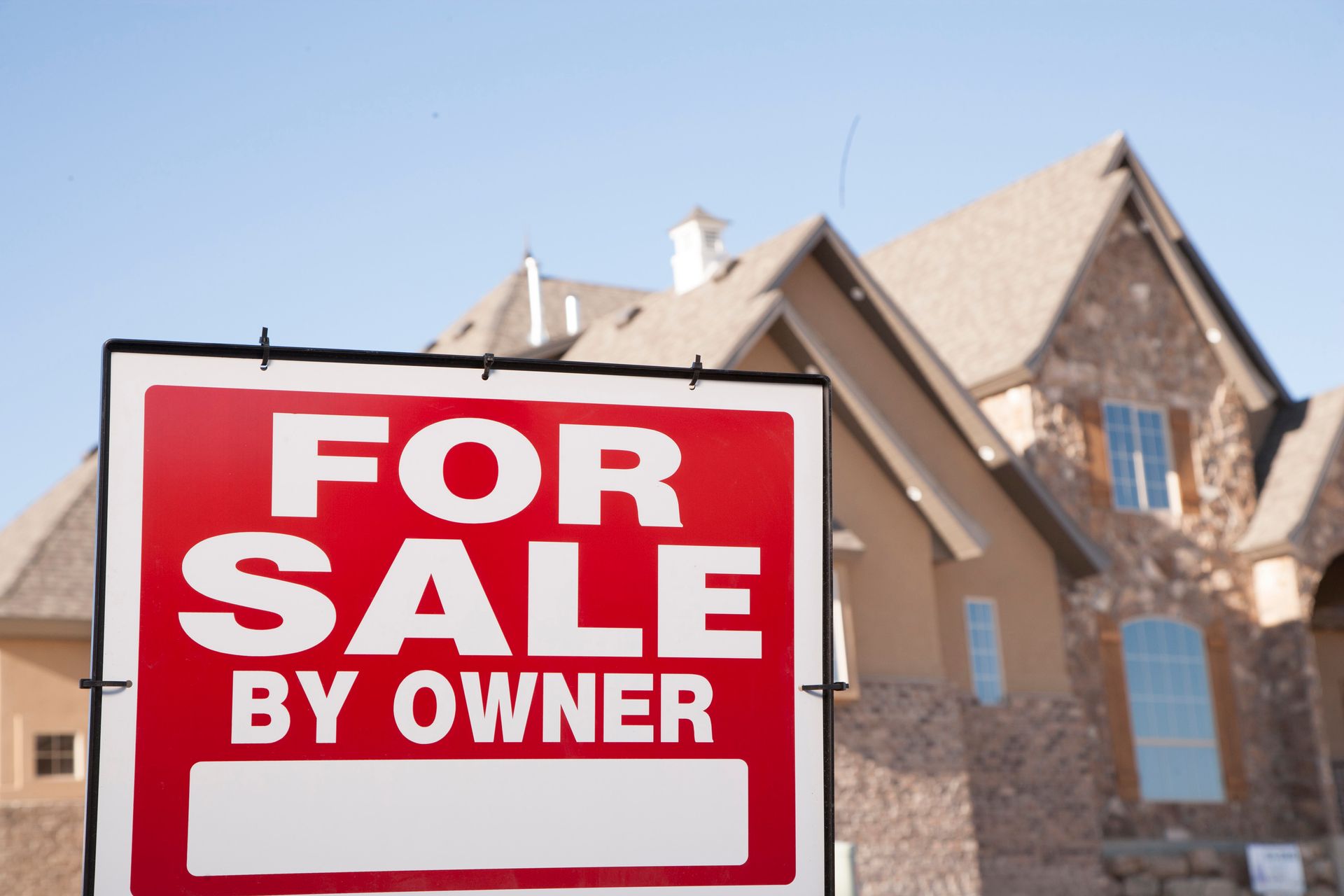Common Issues in Property Management | Guide
Guide to Common Issues in Property Management
When you are considering how to manage a rental property yourself, you may not realize what a difficult task you are undertaking, especially if this is your first time as a rental property owner. You may have heard stories about or have experienced landlords who were difficult and unresponsive — and who could maybe have taken lessons in how to be a landlord. You may also have heard stories of difficult tenants who don’t pay their rent on time, make noise, or cause other problems, and of landlords who didn’t know where to begin in dealing with them.
Taking Care of the Right Rental Property Maintenance
While there isn’t a specific recipe for success in rental property management, if you want to avoid the headaches of managing your property yourself, the following elements are necessary to consider and plan for.
Issue #1: Completing Adequate Renter Background Checks
As a landlord, one of the most important things you need to know when determining who to rent to is how to conduct tenant screening. Looking into the background of a tenant will enable you to predict whether or not they will be paying their rent on time. That way, you won’t have to worry about the hassle of trying to collect outstanding payments or possibly evicting the tenant missing payments goes on too long.
Not only can eviction be a costly process because you will need to pay both court filing fees and will lose out on your rent, but you run the risk the tenant being disgruntled and damaging the property — meaning now you have repair costs as well.
- Here are some tips on how to conduct a tenant background check:
Information to Collect: To conduct a tenant background check, you will need your tenant to complete a rental application. Applications can be obtained online or at the offices of a real estate association. The renter background check application will need to include such information as:
The applicant’s full name - Social security number
- Birthdate
- Driver’s license number
- Current income including names of current and previous employers – with an attached paystub
- Current and past addresses over the last 5 years, including Landlord contact information
- Current contact information
- Contact information for personal references
One of the most important steps to remember when you are considering how to do a background check on a tenant is making sure you have had the potential renter sign an authorization form to allow you to conduct a credit check. After you have obtained permission to conduct a credit check, you can go online with any one of the three major credit reporting agencies, TransUnion, Equifax or Experian, and request a credit report for your potential tenant after making an account with that agency.
Red flags: When you’re first learning how to do a renter background check, you need to look at the credit report for bankruptcies, evictions and foreclosures as these indicators may predict this particular renter will engage in the same type of risky behavior or be unreliable in paying their rent. Be sure to look at the credit check line items (i.e. delinquent accounts, credit history, etc.), rather than their credit score as a whole, as these items will paint a more accurate picture of your potential renter than the overall credit score will.
Additionally, if your prospective tenant tells you they want to move into the property right away, you might want to be wary about leasing to them. There may be a good reason they need to move quickly, but you can only uncover the reasons and decide if they are truthful by engaging in conversation with your prospective tenant.
Also, be on the lookout for consistent information throughout all items handed in by the tenant. Inconsistent addresses, work history, or contact information may be a sign that the tenant is trying to hide something.
Signs of a good tenant: When you are reviewing a good application for
rental, you will want to note what aspects of a rental application make the prospective tenant a good one. If they have held a steady job and have not had gaps in their employment, that is definitely a positive. Also, if the prospective tenant has good recommendations from their previous landlords regarding their ability to pay rent on time, this might make them a good risk as well.
If you are going to conduct a criminal history of the tenant, it’s important to assess each individual on a case-by-case basis. This will provide the most tailored analysis of their likelihood to be a good tenant, as there are myriad types of crimes at different levels of severity, and a lack of criminal convictions does not necessarily correlate to being a better tenant.
Issue #2: How to Determine How Much to Rent Your Unit For
There are multiple factors that go into determining how to decide how much to rent a house for. Renting your house is a great way to offset the cost of the mortgage payment, but it can often be challenging to determine how much you should charge for rent. Determining the net worth of your home is a good place to start when you are thinking about what to charge.
One method used to decide how much to rent your house for is to charge between 0.8 and 1.1 % of the assessed value of the home. Another method, and the most ideal, is to look at the typical price of other similar properties. Even if there is not an exact comparable, you’ll want to review the other properties in close proximity to yours and make adjustments (positive or negative) for the differences between the comparable and your property. If you choose a rent that is too high, the number of people who will be interested and inquire about the property will be significantly fewer — as most applicants with strong credentials are looking for a good value option, not an overpriced option.
Another option many landlords look to when deciding how much to charge a tenant is an online rent calculator. These resources must be used with caution. These calculators have been found to be regularly unreliable, because they cannot take into account the subjective property specifics such as condition, upgrades, and other items not reflected in objective county tax records. Many of the critical factors in determining a rental rate should be assessed and judged by a person. For the best way to determine how much to rent an apartment for, do thorough research yourself or consult a
professional property manager.
Issue #3: Making Sure Tenants Pay Rent (And What to Do When Rent Is Late)
One of the most ideal ways to determine how to get tenants to pay rent on time is to require automatic payments or to offer online payment options. Not only will this eliminate the potential for those who deliberately pay their rent late, but it will help those who may honestly forget to pay the rent on time or are out of the area and unable to hand deliver or mail the rent payment.
The use of ACH, or automated clearing house debit, is one option for automatic payments. The main problem you may run into with this type of schedule payment is that the tenant may not have the funds in their bank account to cover the rent when the scheduled payment occurs. This can lead to additional issues that may outweigh the convenience of this option. Moreover, you will likely want to include language in the lease that addresses the fees you want to assess your tenants if you are unable to collect the rent through the ACH method.
Another payment method you may consider is to require tenants to use an online bill pay system if you don’t want to set up the ACH process. The only detriment is that you will still need to deposit the check, which is sent to you by the bank, and the check could get lost.
If a tenant is late paying rent, you will want to keep in contact with them to see why they are late and when they expect to pay you. You may have developed a policy to be somewhat lenient with a good tenant who has fallen on hard times. You just need to ensure you don’t exercise this policy widely, of course, or you will be jeopardizing the income you are earning from your rental properties
.
- However, perhaps one of the most obvious ways to prevent late rent payment from tenants is to simply let them know in the lease what the consequences are of paying late. The terms of your lease should include following:
The exact dollar amount due each month - Who the payments should be made out to
- Where the payments should go
- When the rent is due along with any applicable grace periods
- Methods of acceptable payment
- Penalties if rent checks or ACH payments bounce or do not go through
Another option would be to contract a property management company who would handle online rent collection and deposit the money into your account for you.
Issue #4: How to Handle Tenant Eviction if Tenants Aren’t Paying Rent
Though eviction is not a method a landlord usually wants to employ, sometimes it’s necessary. For instance, eviction may need to happen if the tenant is habitually late with rent and there is little possibility they will be able to catch up on payments.
You can’t just evict someone, though. To legally evict tenants, you will need to have a good understanding of your state’s eviction laws when you are making your lease agreements. First and foremost, you need to remember you are not permitted to remove either the tenant or their property without court authority.
Every state has a Landlord Tenant Act, which will guide you in the legal steps to proceed forward with evicting your tenant. Generally, you must be in compliance with this act, meaning the eviction process must be followed to the letter of the law. If you skip a step or if it’s done improperly, it’s possible the judge could side with the tenant — who may even then come back at you with a civil action suit against you.
Simple steps in how to evict a tenant are:
- You need to have a valid documented reason to evict the tenant such as failure to pay rent, violating the lease agreement, causing property damage or creating a safety or health hazard.
- You may want to first talk to your tenant to try to get them to stop the behavior that will result in their eviction. Reasoning with a tenant will sometimes help them to change their behaviors if they know the threat of eviction is real.
- Provide the tenant with a written notice of eviction — be sure to follow a template that complies with state law — which outlines the reasons for the eviction, how to avoid it, the fees owed and the deadline by which to rectify the issues that are resulting in eviction.
- The eviction notice will need to be posted for a certain number of days (according to your state’s laws) prior to filing eviction documents with the court.
- The notice should be taped to the front door of the tenant’s residence in addition to being sent to them using certified U.S. mail.
- File the notice with your court and pay the associated fee. The court will then schedule an eviction hearing and serve a summons on the tenant, usually within 14 days of your filing.
- If your hearing is successful, there will be one of two outcomes. The first is that the tenant who has not been paying rent with receive a “Pay & Stay” notice, which requires them to pay money owed or vacate the property by a certain date. The second is you will receive possession of the property, which requires the tenant to vacate the premises regardless of payment.
- If the tenant does not pay by the decided time, or you win possession, you must then file an Order for Possession. After a short waiting period, you will be able to schedule with the constable or other designated enforcement authority to execute the eviction.
Issue #5: Taking Care of the Right Rental Property Maintenance
While there are reactive types of maintenance you must do as a landlord, such as repairing a leaking sink or unclogging a drain, there is also preventive maintenance you must perform when considering how to maintain a rental property.
When you purchase the rental property, you should make an assessment of the major components of the property such as heating/cooling systems, roofing, etc. and determine how long those components will last before they will need replacement or service. Replacing them before they have problems will help reduce your maintenance costs in the long run and eliminate some of the reactive maintenance that may otherwise be avoided. For example, a leak in a roof that damages drywall and requires immediate repair can be avoided if you replace or repair a roof before it starts to leak.
Additionally, if you keep track of rental property maintenance for the smaller items and determine when you last replaced items such as flooring, you can plan for having the required finances to replace it when it has worn out — so you can ensure to have a top quality property to attract the best tenants.
You can best keep track of rental property expenses by creating a timeline that has a 20-year span. That way you will know which elements you will likely need to replace during that time period. This timeline can work especially well if you have decided you only want to keep a rental property for a certain period of time before selling it.
Issue #6: Understanding Rental Property Taxes, Laws & City Codes
As a landlord, you must have a certain understanding of the law as it applies to both landlord rights and tenant rights. Not only do you need to know how and when you can terminate a tenancy, but you will also need to know such things such as how to handle property that has been abandoned by your tenants as well as fair housing rights.
It can be tough to keep up with all the laws surrounding rental properties. One way to do this is to seek the assistance of a property management company — they have a great understanding of the landlord-tenant laws.
If you are a landlord and have chosen not to seek the help of a property manager, you will need to keep abreast of many laws that can constantly change, especially with components like security deposits. These laws include deadlines for returning security deposits, the maximum amount of security deposits, regulations requiring the separation for security deposits into an escrow account and what to include on an itemized list of damages and charges when refusing to return security deposits.
Then, not only are there the concerns about the regulations and laws surrounding landlord and tenant rights, but there are taxes related to acquiring and maintaining rental properties as well. For instance, you must claim your rental income, but expenses associated with the rental property can be deducted.
There’s a bit more than that to account for when doing your taxes, though. You’ll need to list your total income, depreciation and expenses that are associated with each rental property. If you have in excess of three rental properties, you will need to make sure you complete Schedule E forms for the associated properties. If the expenses for your rental properties are greater than the rental income, you can report a loss of up to $25,000. This only applies, however, if you have an adjusted gross income of over $100,000.
To determine whether or not you’re paying the appropriate rental income tax, you need to make sure you are keeping accurate tax records. Part of your record-keeping involves monitoring your rental activities, which includes the rents and the repairs you make on your rental units. You should also keep separate receipts for minor repairs such as plumbing or fixing a window sash from the larger repairs such as installing a roof, adding insulation and installing flooring.
If you plan on deducting these expenses, you must have evidence in the form of documents such as canceled checks, bills or receipts. The records you keep to prepare your tax returns should be the same records you would use for your financial statements.
- In addition to keeping accurate tax records as a landlord, you also need to make sure you’re in compliance with the landlord code of your local municipality. Many of the items you will likely be required to address include ensuring:
Your buildings are in good repai - Street numbers are visible
- Gutters and downspouts are clear and clean
- You’re in compliance with requirements for handicap accessibility
- Any steps are not broken or warped
- The landscape is maintained as it should be
- Any graffiti is removed
- There are no rodent infestations
- Fire safety is met with fire extinguishers and smoke detectors in proper locations
Choose Harrisburg Property Management Group to Manage Your Rental
There’s a lot to keep track of if you want to try and manage your property yourself. Alleviate some of the headache and consider a
property management company to be in charge of the day-to-day operations of your rental.
Harrisburg Property Management Group offers flexible solutions to meet your needs. We will help you with the leasing process — from tenant screening, rental advertising and everything in between.
While the lease is active, we will take care of collecting rent, providing maintenance and conducting the accounting of the rental property. After a lease is terminated, we will once again help you list the property and take care of all the marketing so you can fill your vacant property as soon as possible.
You’ll even have access to our online access portal, allowing you to monitor your property whenever you would like.
Don’t let a rental property weigh you down with everything it requires. Enlist the help of an experienced property management company and free up your time. Contact us at Harrisburg Property Management Group today.

